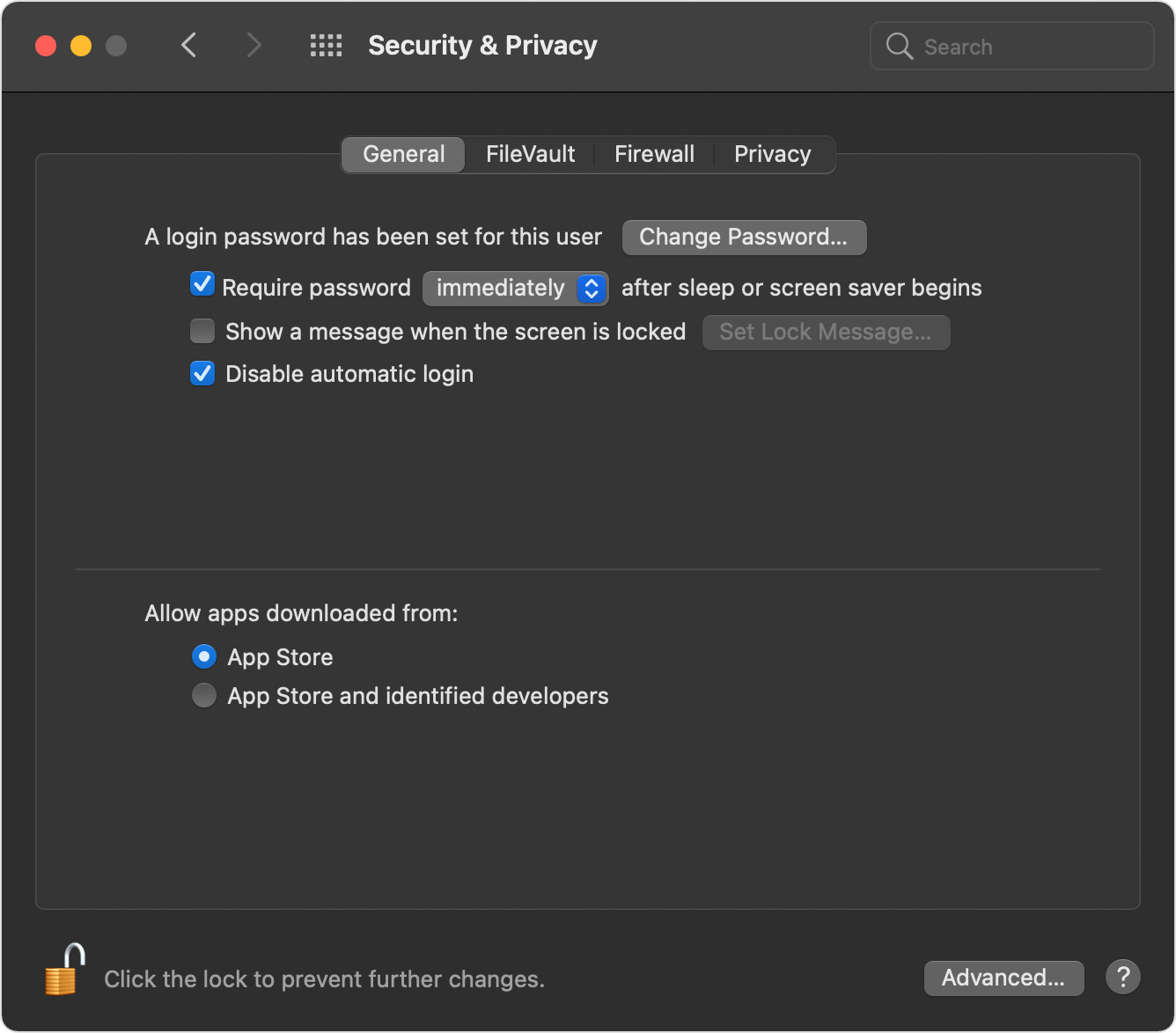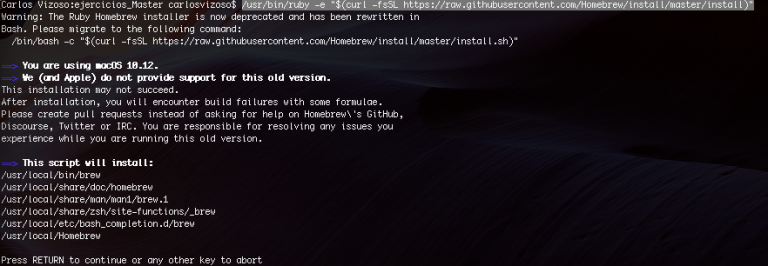This site contains user submitted content, comments and opinions and is for informational purposes only. Apple may provide or recommend responses as a possible solution based on the information provided; every potential issue may involve several factors not detailed in the conversations captured in an electronic forum and Apple can therefore provide no guarantee as to the. This time around we're going to install MongoDB Community Edition on both Ubuntu Server 20.04 and AlmaLinux (the CentOS fork). In an upcoming piece, I'll show you how to then create a MongoDB cluster.
If you are like me, running mongo servers on cloud IDE’s is just not the same as the customizations I have in my visual studio code. The need to test MongoDB servers locally sounds like an ideal option but I was running into issues trying to get the darn thing installed.
All the guides I found were over a year old and focused on OS-X or El Capitan. This one should work for Mac OS Catalina. This is an attempt to capture how to install MongoDB and run the Mongod (MongoDB Daemon) in some personal notes that may help someone in the future (at least myself). Originally, I tried following various installation guides that all failed to find the formula and ran into odd errors about directories that didn’t exist is read-only. My hope is that this will be a good reference for you.
If you are running Catalina, the old way of changing permissions for data/db don’t work !
Steps to Install MongoDB locally

Create/open a project or clone a repo then head to the folder above that one.
First, you need brew installed. You can find instructions for that here: https://brew.sh/, then run:

Seriously, it’s that easy. No need to run chmod like on other setups, you now have mongod and mongo running. You can test this by running:
You should see something like:
This means you did it!
 14th Feb 2020
14th Feb 2020I had to reconfigure my Macbook after sending it for repairs. During the reconfiguration period, I noticed the instructions I linked to in “Setting up a local MongoDB connection” were outdated.
Here’s an updated version on how to install MongoDB on a Mac.
There are a few steps:
First, you install Homebrew. If you’re curious about what Homebrew is, read this article.
Second, find the MongoDB tap.
Third, install MongoDB.
MongoDB is now installed on your computer.
Preparations (Before MacOS Catalina)
Before you can use MongoDB, you need to create a /data/db folder on your computer to use MongoDB. You can create this folder with the following command:
You also need to give permissions to use it:
Now you can follow the rest of the article to set up your MongoDB connection.
Install Mongodb Osx Catalina
Preparations (MacOS Catalina onwards)
Apple created a new Volume in Catalina for security purposes. If you’re on Catalina, you need to create the /data/db folder in System/Volumes/Data.
Use this command:
Then, use this command to give permissions:
Using MongoDB
In the past, I can run the mongod command to start MongoDB. This no longer works out for the box from MongoDB v4.2.3 onwards.
The best way to start MongoDB now is via brew services.
Starting MongoDB
Use this command:
MongoDB will start as a background service. Here’s what you’ll see:
You can use start instead of run. start will start MongoDB automatically when you login into your Macbook. I prefer run since I don’t want MongoDB to be running all the time.
Checking if MongoDB is running
Use this command:
Homebrew will list all running services. If MongoDB is running, mongodb-community will have a status set to started.
The Mongo Shell
If MongoDB is running, you should be able to access the Mongo shell with the mongo command.

Stopping MongoDB
Use this command:
Homebrew will stop MongoDB and let you know.
Aliases to make these easier
It’s a chore typing brew services run mongodb-community every time I want to start MongoDB.
I created some aliases to make things easier for me. Here are my aliases:
Install Mongodb Mac Catalina
What’s next?
If you haven’t already, you should learn how to set up a local MongoDB connection.
Install Mongodb Catalina Free
If you enjoyed this article, please tell a friend about it! Share it on Twitter. If you spot a typo, I’d appreciate if you can correct it on GitHub. Thank you!